New Zealand Minister for Agriculture Damien O’Connor was in Ireland this week to spell out his plans for the Labour-led New Zealand agricultural policy.
One of the most controversial elements of Minister O’Connor’s plan is to hit New Zealand farming with an environmental tax.
“We will bring agriculture into our Emmission Trading Scheme (ETS). We are working on exactly how this will be measured and refined, but we can say for a start farmers will have to pay 5% of the total carbon cost associated with their farm,” he told the Irish Farmers Journal.
“We already have nitrate regulations and some farmers are going to have to reduce cow numbers by up to 30%.”
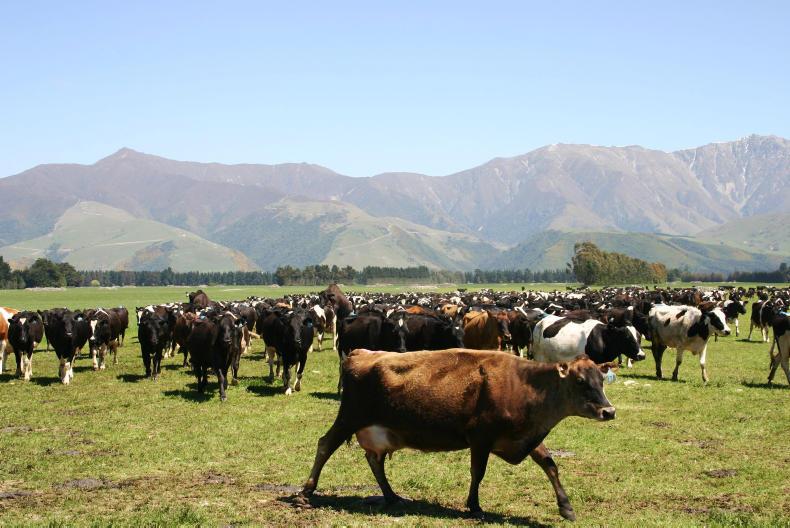
New Zealand dairy spring calving grass cows milking Fonterra CanterburySo what might this emissions tax cost New Zealand farmers?
Some New Zealand farm organisation representatives have suggested that the cost to farming would be over $800m/year, assuming a $25/t of emissions, including methane and nitrous oxide.
If farmers had to pay 10% in year one, that would equate to a bill of $80m/year for a start.
Speaking in the Irish Farmers Journal offices this week, Minister O’Connor would not be drawn on what exactly it was going to cost.
“We still have some work to complete to bring the whole picture together so that we include proper measurements on the carbon sequestration issues, offsetting permanent pasture benefits and tree planting issues, etc,” he said.
“We have to look more closely at some of the movements and have recently seen some good work from Argentina. Farmers will pay 5%, but 5% of what amount is still to be sorted out.”
Water tax
Is a water tax still on the agenda?
“No, as part of our coalition deal there won’t be a water tax, but we are not supporting any more big irrigation schemes. Now if an existing water scheme needs to be improved to make it more efficient then of course we would support that,” he said.
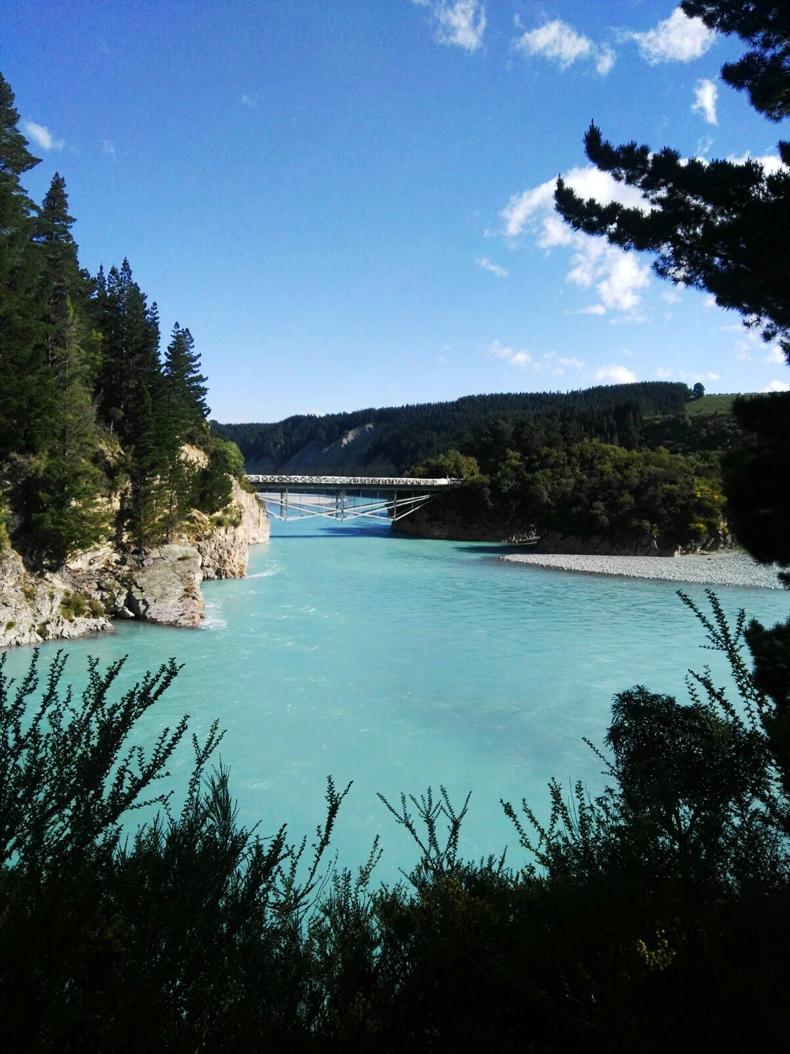
The river Rakia comes from the southern Alps and provides water for irrigation on the plains of the South Island in New Zealand. \ Peter VarleyThe Minister is from the west coast of New Zealand, where 3m to 4m of rain falls per year, so there is very rarely a water shortage. However, much of the milk produced in New Zealand is on lighter soils, where irrigation is necessary to grow grass. So you can imagine farmers’ relief when they heard the water tax proposal was to be shelved.
Rural roots
With ancestors in north Kerry and a background in dairy farming on the west coast of New Zealand, both of the Minister’s farming connections feature heavy soils and high rainfall.
He has a good understanding of what makes rural New Zealand tick. He believes strongly in the co-operative ethos and that farmers need to have control in keeping the value.
“The Swiss Watch Company now has only 1.7% of the world watch market, but, more importantly, they get 50% of the global watch market value. I believe farmers [co-ops] can invest and should own the brands that bring value in milk and food, etc,” he said.
“The argument against this is they [farmers] should stick to what they do best and that they would lose sight of what they are good at, but I say there is no reward without risk.”
He added: “We [farmers and food producers] can’t become the important piece in the middle, where you have a company with a brand, or a public company on the outside taking all the value, while the constraints and cost of production of for the farmer continue to climb.”
Peak milk
With some suggesting New Zealand has hit ‘peak milk’ and that there won’t be any new wave of conversions into dairy farming, the emphasis has turned from increasing processing capacity to increasing value.
“On milk processing capacity – I don’t see any more investment in milk processing happening at the moment. In fact, during a dry year, we might even have some over-capacity, so we have headroom.”
So will there be any new dairy farms?
“In some parts you can’t get resource consent (planning permission) and in others it is a lot more difficult, as rules and environmental constraints will limit dairy farming. Some land that was destined for dairy farming has recently been switched into land for milking sheep, which is a growing sector in New Zealand.”
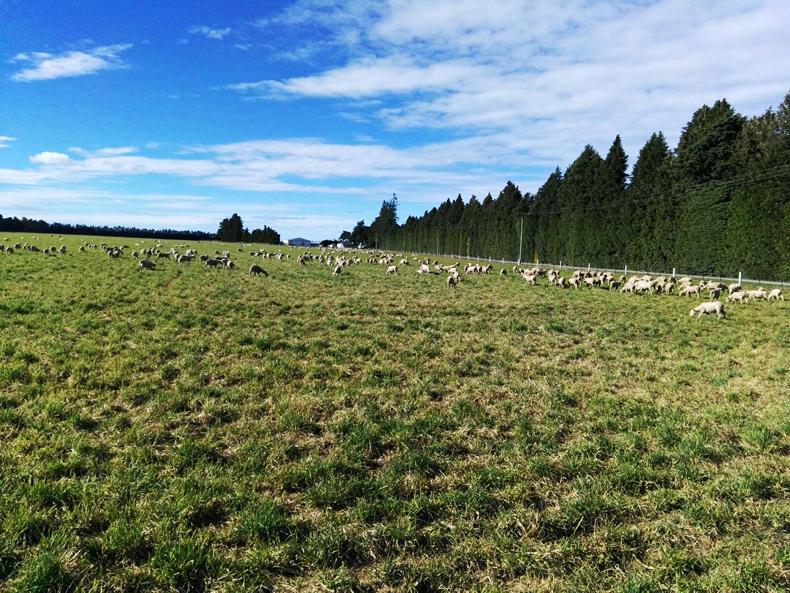
Sheep grazing in the plains with evergreen trees in the background providing shelter from the wind. \ Peter VarleyChallenges: debt and plant-based foods
With high debt levels on New Zealand dairy farms and land property values readjusting downwards by at least 15% to 20% from property boom highs, the New Zealand press is awash with properties for sale.
Is the Minister concerned?
“Yes, the value of some properties has fallen by 15% to 20%, but there are more important challenges facing farming long term. Undoubtedly, the environmental footprint debate, and plant and cell-based food alternatives need to be considered,” he warned.
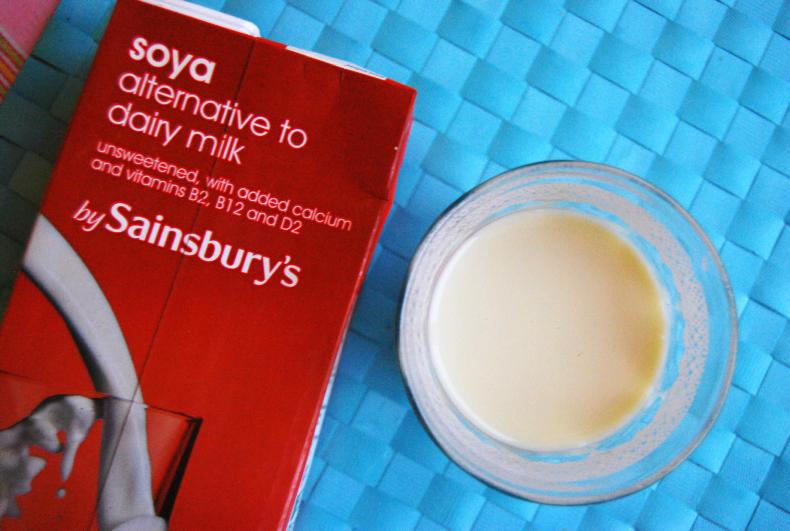
Soya milk“If we take the plant-based alternative debate, on one side we have the fact that plant-based has a low environmental footprint, but it is a constructed food.
“On the other side of the debate, we have meat and milk protein, which has a higher environmental footprint, but is a natural food. Obviously the best defence is to have the pure food [meat and milk protein] and that it is produced from an environmentally strong base.”
Brexit opportunity
Does Brexit offer an opportunity to New Zealand?
“We want a fair deal, but we don’t want to increase quotas. As marginal producers of food, ideally we would like to retain flexibility,” Minister O’Connor told the Irish Farmers Journal.
Labour swept into power unexpectedly during the last New Zealand general election.
Following a late September 2017 election, the centre right National Party did not win enough seats for an overall majority and by late October the New Zealand First party had teamed up with Labour. That same day, Green Party leader James Shaw announced that his party would give confidence and supply to the Labour and New Zealand First coalition.
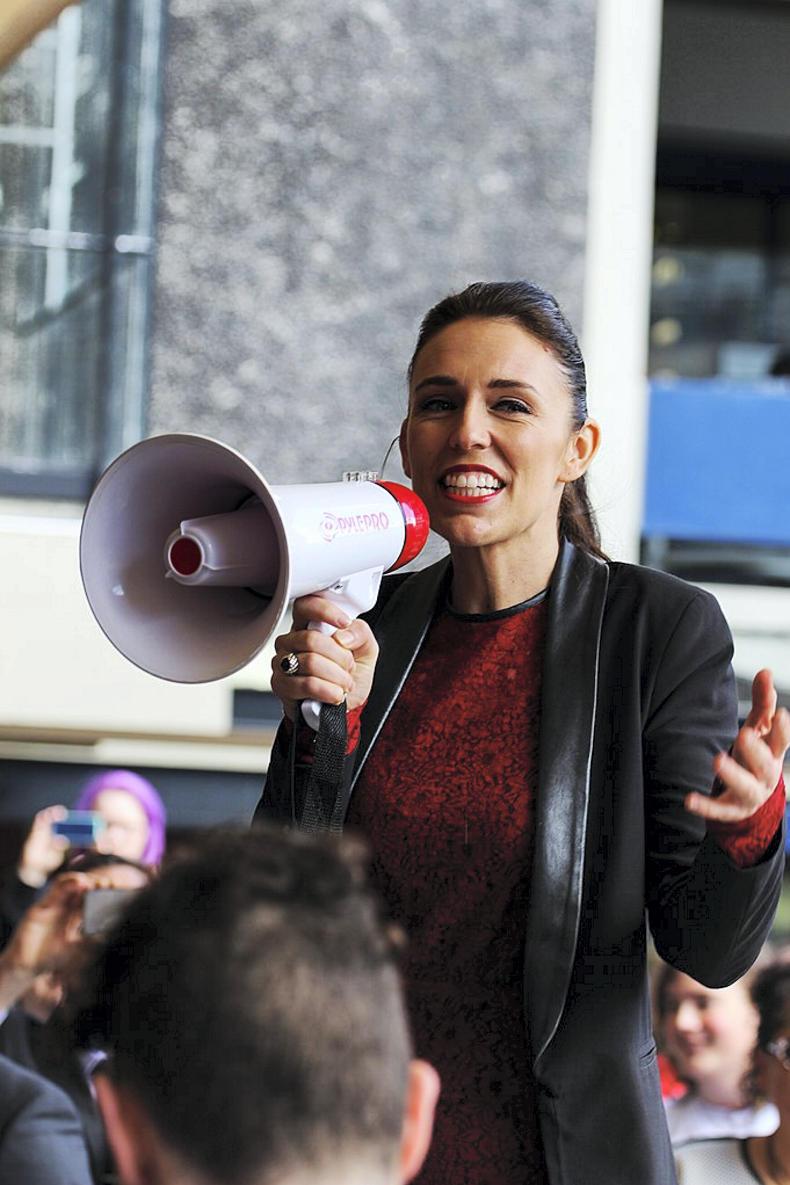
Jacinda ArdernThat resulted in 63 seats for the coalition, over the National Party’s 56.
Not long after, Labour leader Jacinda Ardern was announced as the youngest-ever New Zealand Prime Minister. Just last week she announced she was pregnant and will be stepping back from the role for six weeks following the birth of her baby.
With the swagger of a Kerry football captain just after lifting Sam Maguire cup, Minister O’Connor turned as he walked out the door following this interview.
“Remember, Labour makes significant changes to New Zealand farming when we are in power,” he said. “We introduced the dairy marketing board, took subsidies off New Zealand farmers and formed Fonterra.
“We are not beholden to any cohort of the New Zealand farming public, so in a funny way it gives us a sense of freedom to do what we think is right for the country.”
The Minister confidently and intelligently talks the talk – the question now is, will he walk the walk?
Read more
First FRS New Zealand recruit begins work in Cork
Fonterra ‘extremely disappointed’ by latest Beingmate setback
Student blog: milking, dirt bikes, calving and grass on a Kiwi farm
New Zealand Minister for Agriculture Damien O’Connor was in Ireland this week to spell out his plans for the Labour-led New Zealand agricultural policy.
One of the most controversial elements of Minister O’Connor’s plan is to hit New Zealand farming with an environmental tax.
“We will bring agriculture into our Emmission Trading Scheme (ETS). We are working on exactly how this will be measured and refined, but we can say for a start farmers will have to pay 5% of the total carbon cost associated with their farm,” he told the Irish Farmers Journal.
“We already have nitrate regulations and some farmers are going to have to reduce cow numbers by up to 30%.”

New Zealand dairy spring calving grass cows milking Fonterra CanterburySo what might this emissions tax cost New Zealand farmers?
Some New Zealand farm organisation representatives have suggested that the cost to farming would be over $800m/year, assuming a $25/t of emissions, including methane and nitrous oxide.
If farmers had to pay 10% in year one, that would equate to a bill of $80m/year for a start.
Speaking in the Irish Farmers Journal offices this week, Minister O’Connor would not be drawn on what exactly it was going to cost.
“We still have some work to complete to bring the whole picture together so that we include proper measurements on the carbon sequestration issues, offsetting permanent pasture benefits and tree planting issues, etc,” he said.
“We have to look more closely at some of the movements and have recently seen some good work from Argentina. Farmers will pay 5%, but 5% of what amount is still to be sorted out.”
Water tax
Is a water tax still on the agenda?
“No, as part of our coalition deal there won’t be a water tax, but we are not supporting any more big irrigation schemes. Now if an existing water scheme needs to be improved to make it more efficient then of course we would support that,” he said.

The river Rakia comes from the southern Alps and provides water for irrigation on the plains of the South Island in New Zealand. \ Peter VarleyThe Minister is from the west coast of New Zealand, where 3m to 4m of rain falls per year, so there is very rarely a water shortage. However, much of the milk produced in New Zealand is on lighter soils, where irrigation is necessary to grow grass. So you can imagine farmers’ relief when they heard the water tax proposal was to be shelved.
Rural roots
With ancestors in north Kerry and a background in dairy farming on the west coast of New Zealand, both of the Minister’s farming connections feature heavy soils and high rainfall.
He has a good understanding of what makes rural New Zealand tick. He believes strongly in the co-operative ethos and that farmers need to have control in keeping the value.
“The Swiss Watch Company now has only 1.7% of the world watch market, but, more importantly, they get 50% of the global watch market value. I believe farmers [co-ops] can invest and should own the brands that bring value in milk and food, etc,” he said.
“The argument against this is they [farmers] should stick to what they do best and that they would lose sight of what they are good at, but I say there is no reward without risk.”
He added: “We [farmers and food producers] can’t become the important piece in the middle, where you have a company with a brand, or a public company on the outside taking all the value, while the constraints and cost of production of for the farmer continue to climb.”
Peak milk
With some suggesting New Zealand has hit ‘peak milk’ and that there won’t be any new wave of conversions into dairy farming, the emphasis has turned from increasing processing capacity to increasing value.
“On milk processing capacity – I don’t see any more investment in milk processing happening at the moment. In fact, during a dry year, we might even have some over-capacity, so we have headroom.”
So will there be any new dairy farms?
“In some parts you can’t get resource consent (planning permission) and in others it is a lot more difficult, as rules and environmental constraints will limit dairy farming. Some land that was destined for dairy farming has recently been switched into land for milking sheep, which is a growing sector in New Zealand.”

Sheep grazing in the plains with evergreen trees in the background providing shelter from the wind. \ Peter VarleyChallenges: debt and plant-based foods
With high debt levels on New Zealand dairy farms and land property values readjusting downwards by at least 15% to 20% from property boom highs, the New Zealand press is awash with properties for sale.
Is the Minister concerned?
“Yes, the value of some properties has fallen by 15% to 20%, but there are more important challenges facing farming long term. Undoubtedly, the environmental footprint debate, and plant and cell-based food alternatives need to be considered,” he warned.

Soya milk“If we take the plant-based alternative debate, on one side we have the fact that plant-based has a low environmental footprint, but it is a constructed food.
“On the other side of the debate, we have meat and milk protein, which has a higher environmental footprint, but is a natural food. Obviously the best defence is to have the pure food [meat and milk protein] and that it is produced from an environmentally strong base.”
Brexit opportunity
Does Brexit offer an opportunity to New Zealand?
“We want a fair deal, but we don’t want to increase quotas. As marginal producers of food, ideally we would like to retain flexibility,” Minister O’Connor told the Irish Farmers Journal.
Labour swept into power unexpectedly during the last New Zealand general election.
Following a late September 2017 election, the centre right National Party did not win enough seats for an overall majority and by late October the New Zealand First party had teamed up with Labour. That same day, Green Party leader James Shaw announced that his party would give confidence and supply to the Labour and New Zealand First coalition.

Jacinda ArdernThat resulted in 63 seats for the coalition, over the National Party’s 56.
Not long after, Labour leader Jacinda Ardern was announced as the youngest-ever New Zealand Prime Minister. Just last week she announced she was pregnant and will be stepping back from the role for six weeks following the birth of her baby.
With the swagger of a Kerry football captain just after lifting Sam Maguire cup, Minister O’Connor turned as he walked out the door following this interview.
“Remember, Labour makes significant changes to New Zealand farming when we are in power,” he said. “We introduced the dairy marketing board, took subsidies off New Zealand farmers and formed Fonterra.
“We are not beholden to any cohort of the New Zealand farming public, so in a funny way it gives us a sense of freedom to do what we think is right for the country.”
The Minister confidently and intelligently talks the talk – the question now is, will he walk the walk?
Read more
First FRS New Zealand recruit begins work in Cork
Fonterra ‘extremely disappointed’ by latest Beingmate setback
Student blog: milking, dirt bikes, calving and grass on a Kiwi farm











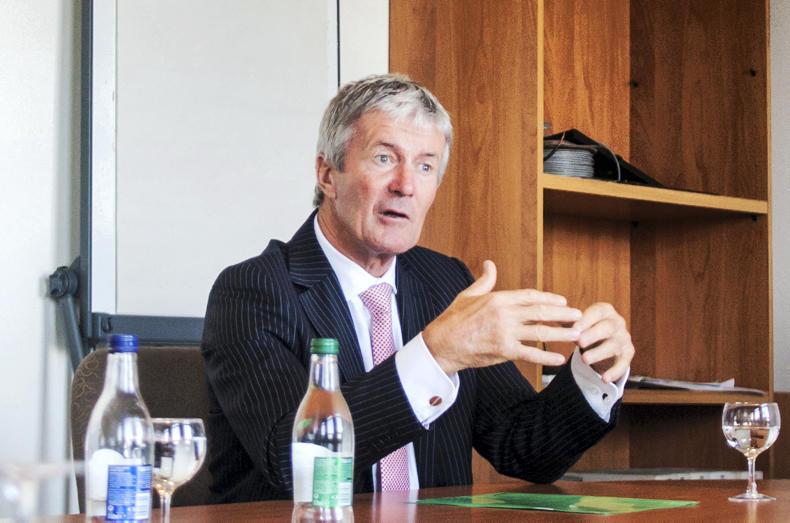
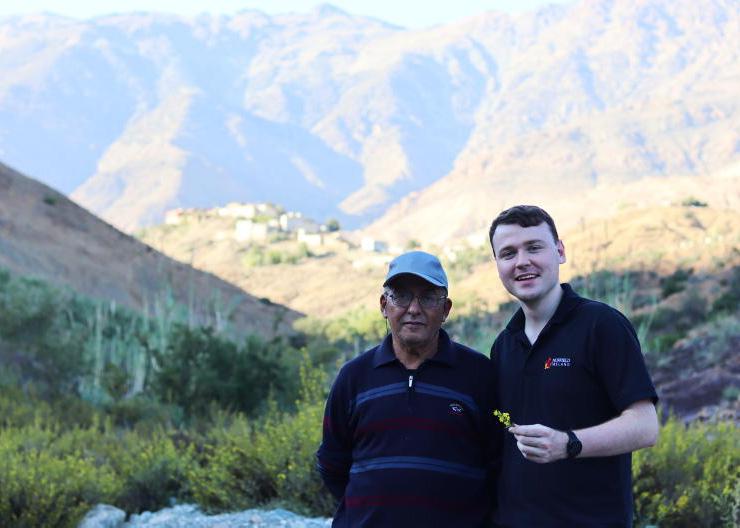


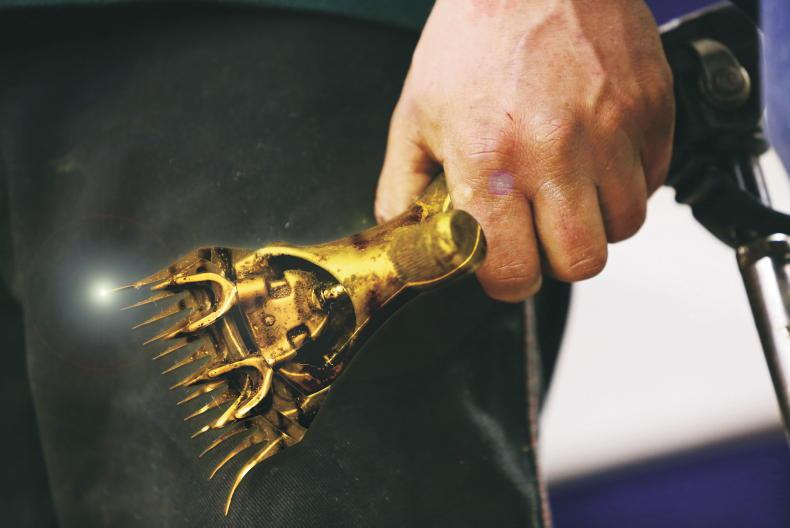
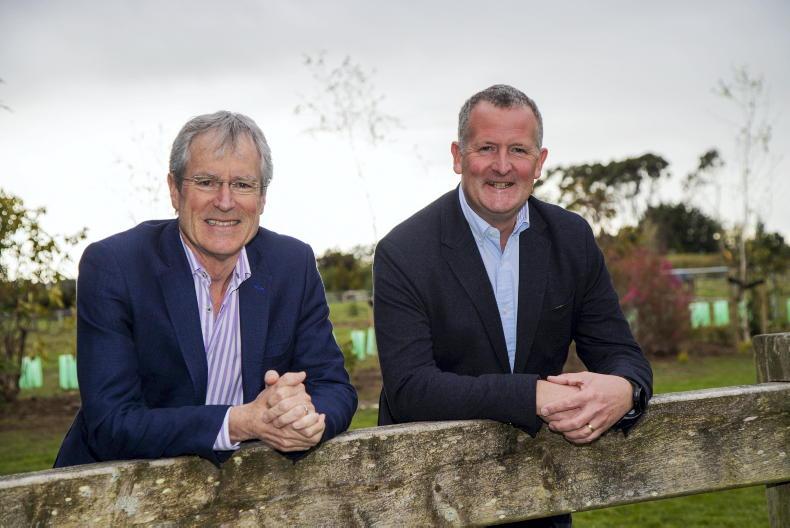
SHARING OPTIONS